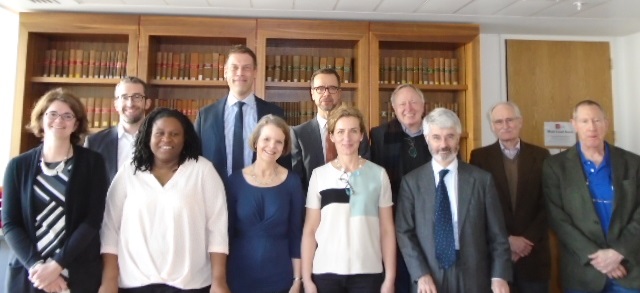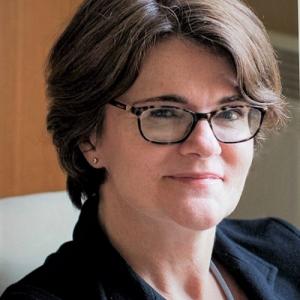Second Workshop on the Holding of Securities through an Intermediary
Associated people
On 25 March 2017, the Commercial Law Centre held its second workshop on the holding of securities through an intermediary in the New Academic Building at the London School of Economics.
The first workshop, on 15 September 2016, had focused on the enforcement of debt securities held through an intermediary. The focus of the second workshop was on equity securities. Issues discussed included voting and governance issues arising where equity securities are held via an intermediary, transparency issues and the potential uses of blockchain in addressing issues with the intermediation of equity securities.Professors Louise Gullifer and Jennifer Payne and Mr Guy Morton opened the workshop. Guy Morton began the workshop by commenting on the history and development of the issues surrounding intermediation of equity securities, as well as the benefits of intermediation.

The first part of the workshop was chaired by Professor Jennifer Payne and focused on the various issues arising when equity securities are held through an intermediary. Professor Louise Gullifer discussed a paper by Professor Joanna Benjamin on stewardship and collateral, which considers the different categories of holders of intermediated securities and their various interests. Professor Paul Davies considered the implications of holding through intermediaries on voting and corporate governance, focusing on three issues: the identification of shareholders with a significant issue, ‘empty voting’ (i.e. nominees with no economic interest having voting rights) and the potential distortion of economic goals if investors are voting through a chain of intermediaries. Dr Eva Micheler presented on transparency issues in relation to the market infrastructure, in particular the causes of the issues and the reasons why the market infrastructure has developed in the way that it has from a macro-economic perspective as well as the effect on asset values. Dr Philipp Paech examined the role and application of blockchain in potentially addressing intermediation issues. Each presentation was followed by lively debate and discussion among participants.
The second part of the workshop involved further general discussion of whether the problems in the current system can be properly identified and whether blockchain could be useful in resolving them.
Many thanks to Dr Eva Micheler, Dr Philipp Paech and the London School of Economics for hosting.


